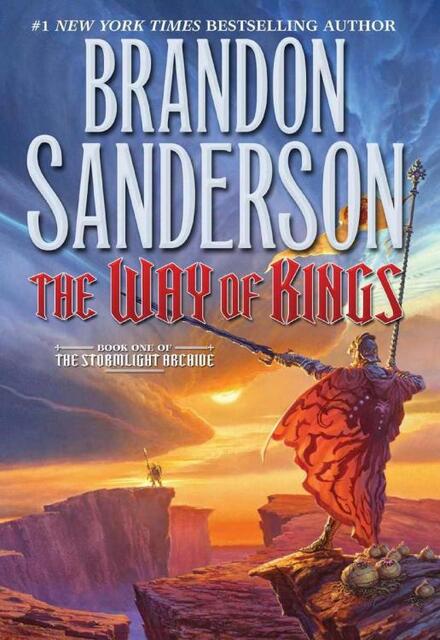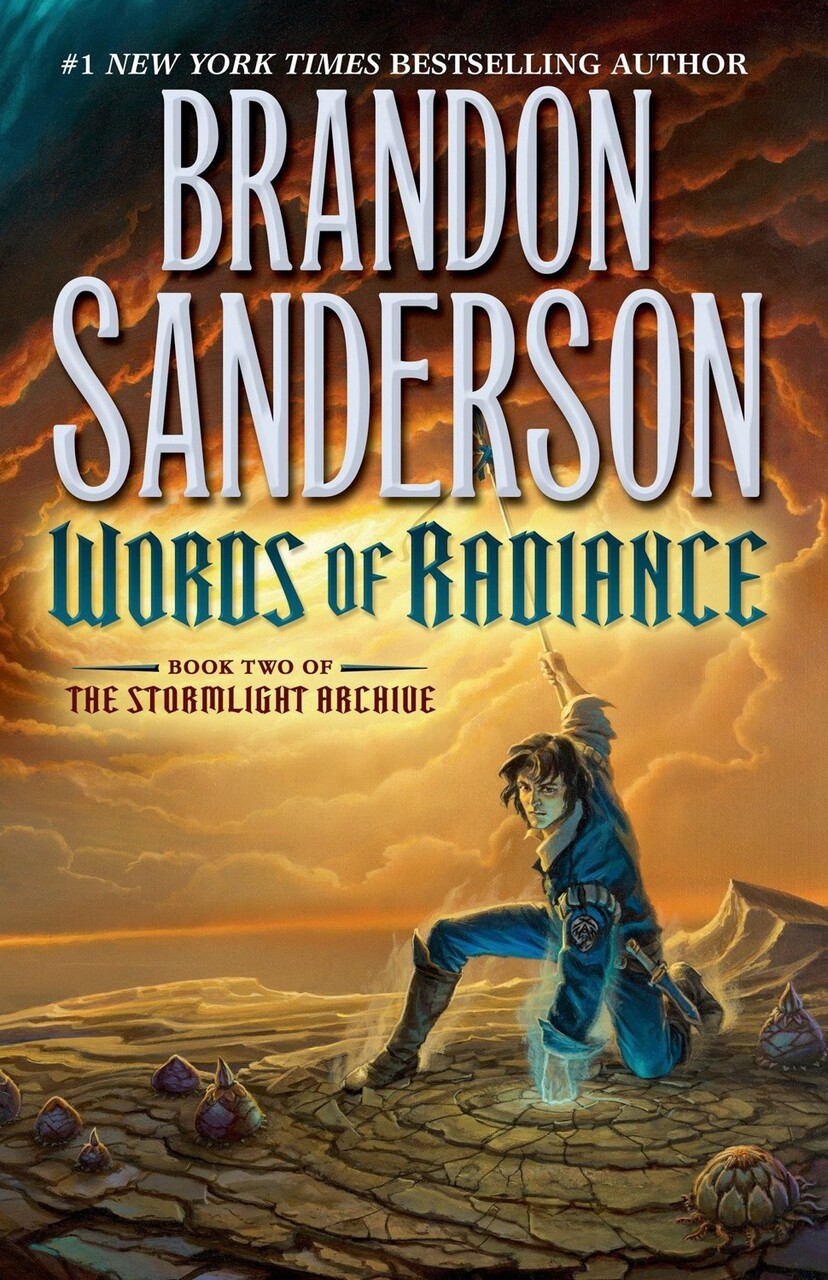Posts from March 2020
- (https://b-ark.ca/wU_S4o)
Getting back on the bread train. It’s been a while, but on my second attempt I think I’m shaking the rust off!
- (https://b-ark.ca/Qkkowg)
Upside to building a keyboard: I ended up with the skills to fix the broken tilde on the WASD mechanical I have at home. Cause: fried diode after a massive static shock.
- (https://b-ark.ca/Sy_8ee)
I’ve just discovered KDE Connect. Combined with GSConnect for Gnome, it enables remote control of my phone from my Linux laptop and vice versa, and replaces Pushbullet for me. Very nice work!
- (https://b-ark.ca/sgaoEo)
Updated my Nintendo DS port of NetHack to upstream version 3.6.6! Why? Because I can, and I had some time over my lunch break, that’s why!
- (https://b-ark.ca/eaioyc)
The ai thought leader on Twitter is now one of my favourite things (and also makes me want to play around with GPT2)…
- (https://b-ark.ca/CQyUIs)
Currently reading</span> Words of Radiance
<span>(<a href="https://en.wikipedia.org/wiki/The_Stormlight_Archive">The Stormlight Archive</a> #2.0)</span>by
(9781429949620) </span>
Review: The Way of Kings
Review of The Way of Kings (The Stormlight Archive #1.0) by Brandon Sanderson (9780765326355)★★★★
(https://b-ark.ca/YsGa0A)The first of a two part pentology, The Way of Kings is slow burn high fantasy that mixes standard tropes with a deeper mystery to create something fun and compelling enough to justify the investment.

Roshar is a world of stone and storms. Uncanny tempests of incredible power sweep across the rocky terrain so frequently that they have shaped ecology and civilization alike. Animals hide in shells, trees pull in branches, and grass retracts into the soilless ground. Cities are built only where the topography offers shelter.
It has been centuries since the fall of the ten consecrated orders known as the Knights Radiant, but their Shardblades and Shardplate remain: mystical swords and suits of armor that transform ordinary men into near-invincible warriors. Men trade kingdoms for Shardblades. Wars were fought for them, and won by them.
One such war rages on a ruined landscape called the Shattered Plains. There, Kaladin, who traded his medical apprenticeship for a spear to protect his little brother, has been reduced to slavery. In a war that makes no sense, where ten armies fight separately against a single foe, he struggles to save his men and to fathom the leaders who consider them expendable.
Brightlord Dalinar Kholin commands one of those other armies. Like his brother, the late king, he is fascinated by an ancient text called The Way of Kings. Troubled by over-powering visions of ancient times and the Knights Radiant, he has begun to doubt his own sanity.
Across the ocean, an untried young woman named Shallan seeks to train under an eminent scholar and notorious heretic, Dalinar's niece, Jasnah. Though she genuinely loves learning, Shallan's motives are less than pure. As she plans a daring theft, her research for Jasnah hints at secrets of the Knights Radiant and the true cause of the war.
The result of over ten years of planning, writing, and world-building, The Way of Kings is but the opening movement of the Stormlight Archive, a bold masterpiece in the making.
I was a bit reticent to begin The Stormlight Archive, if only due to the massive investment I knew it would entail. Sanderson is a prolific writer, and the volumes in the Stormlight Archive are… substantial. And there’s going to be ten of them. Oh, and he’s only just finishing book four now. So, as with The Expanse, I knew I’d find myself waiting.
However, given I absolutely loved the first Mistborn trilogy, I knew I would probably enjoy Sanderson’s writing and world building, and it’s been a while since I’ve been hooked by a large scale, high-fantasy series (and before you ask, no, I haven’t started A Song of Ice and Fire… someday!), so I decided to take the plunge.
The Way of Kings is a long, slow burner that, I think, is better thought of as a set of four interwoven novellas–Kaladin and the Bridgemen, Adolin and Dalinar, Jasnah and Shallan, and Szeth–set against the backdrop of a grand mystery of the past and a prophesied cataclysm to come. This structure means the book requires a bit of patience from the reader, as rather than taking us through a single character journey Sanderson must set up and execute multiple plots simultaneously. However, I found the overall setup sufficiently interesting, and the final third compelling enough, that I’m definitely going to be continuing on to book two.
Continue reading...- (https://b-ark.ca/mU60Ck)
Finished </span> <a class="p-name" href="https://en.wikipedia.org/wiki/The_Way_of_Kings">The Way of Kings</a> <span>(<a href="https://en.wikipedia.org/wiki/The_Stormlight_Archive">The Stormlight Archive</a> #1.0)</span>by
(9780765326355) </span>
- (https://b-ark.ca/gcoEck)
More IoT devices bite the dust. I’ve avoided “smart” devices for a lot of reasons–lack of: security, control, cost, complexity, repairability–but rapid obsolescence is also a huge factor.
RSS: A Better News Feed
Social media algorithms care only that you’re engaged. They exist to advertise. Everything else is a side-effect. RSS lets you ditch the machine and build your own feed from trusted sources.
Quite a few years ago, for personal reasons, I decided to drop out of major social media platforms. This was just at the time when those platforms truly started to take over the world, so the whole thing more or less passed me by as I watched from the sidelines. As a result, it wasn’t until very recently that I came to appreciate just how much these platforms have become the primary way that people run across content online.
Of course, this really shouldn’t be surprising. Once upon a time, the internet was made up of an untold number of websites, big and small. And this posed a real problem of content discovery. Sure, we managed. We managed with search engines, and bookmarks, and web portals, and other ad hoc technologies. But it was a huge pain.
Today, this same kind of content discovery is done on social media platforms, with content pushed to the consumer by machine learning algorithms that optimize for “engagement”, which is a technical term for “time spent on the service”.
On its face this would seem like a good thing! After all, if you’re engaged, that must mean you’re delighted by what you see!
But the reality is a lot more complicated. Yes, certainly the things that delight us will keep us engaged. But so do the things that make us outraged, or offended, or jealous. And the algorithm can’t tell the difference. So whether you’re clicking on a link because you want to see a picture of a large cat in a small box, or you want to read an outrageous article about how the world is really flat, it’s all the same to the machine.
The result is an algorithmic filter bubble that often serves to misinform, usually while making us miserable.
On the other hand, those algorithms really do provide a useful function: They push interesting content to us so we don’t have to go and seek it out. The problem is, we have no control over how they function.
Well, as you can probably guess, I’m here to tell you that there is an alternative, and it’s a technology that’s almost as old as the web itself: RSS.
Continue reading...

